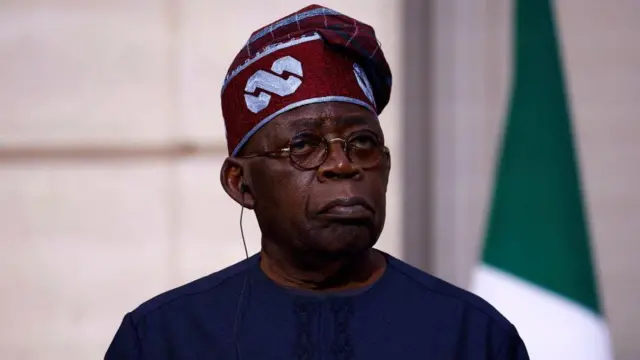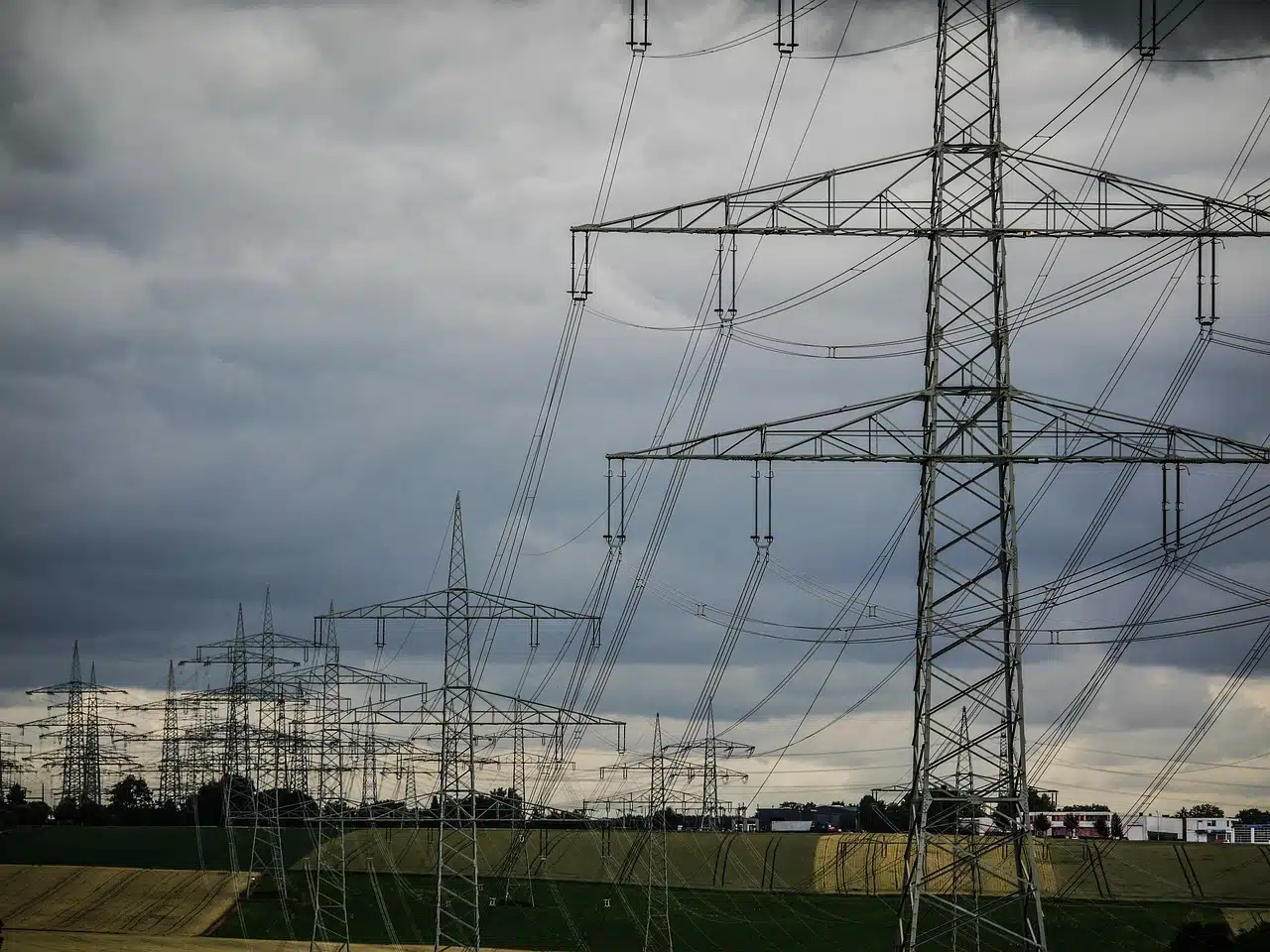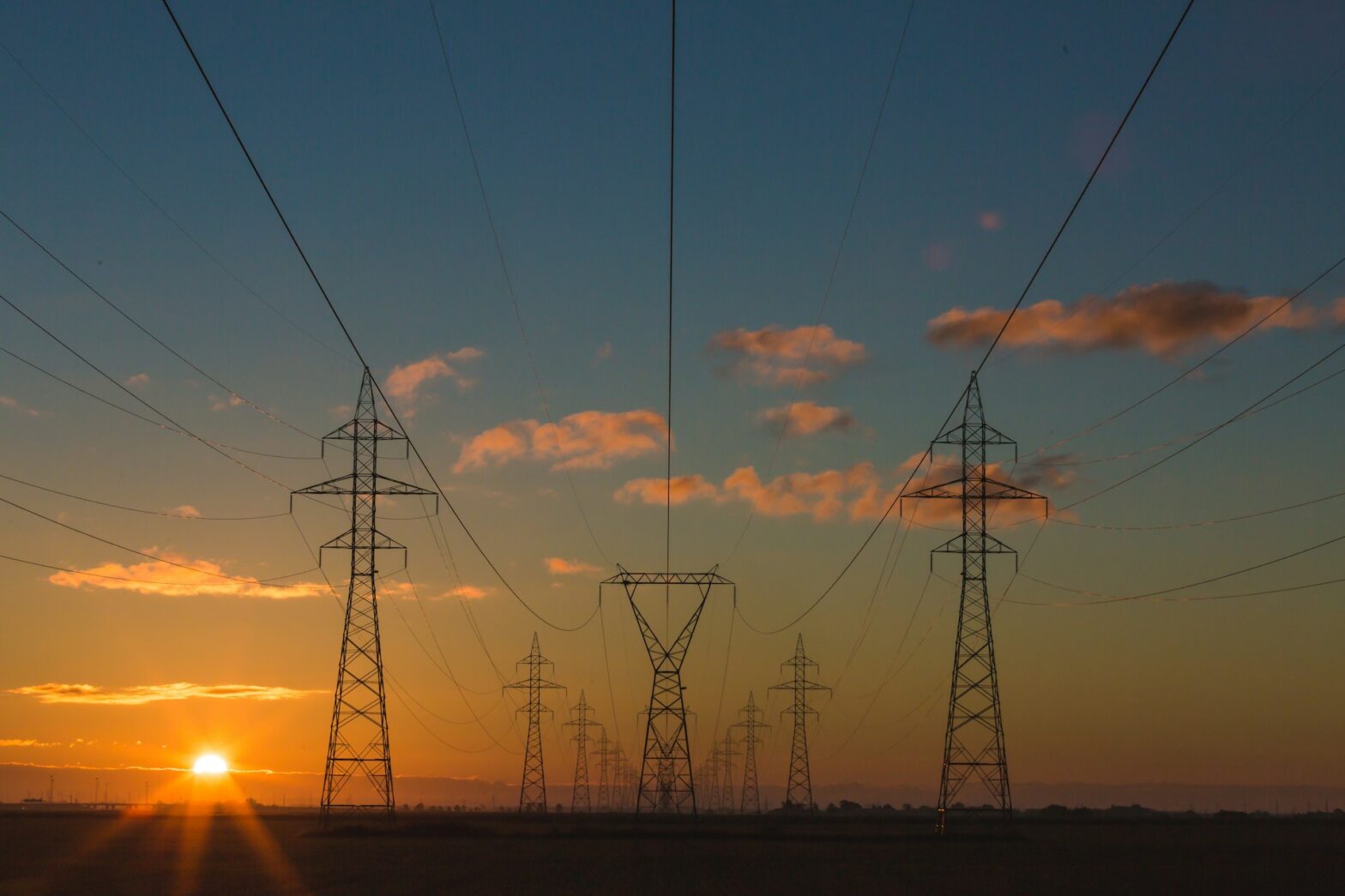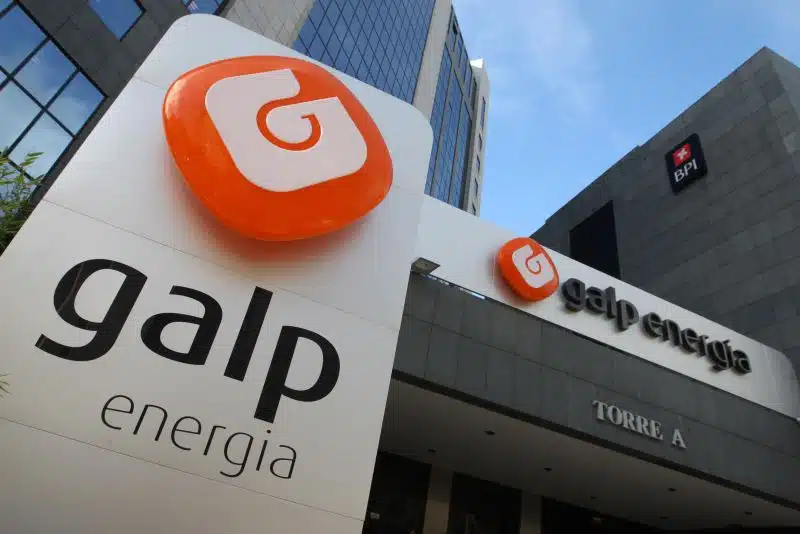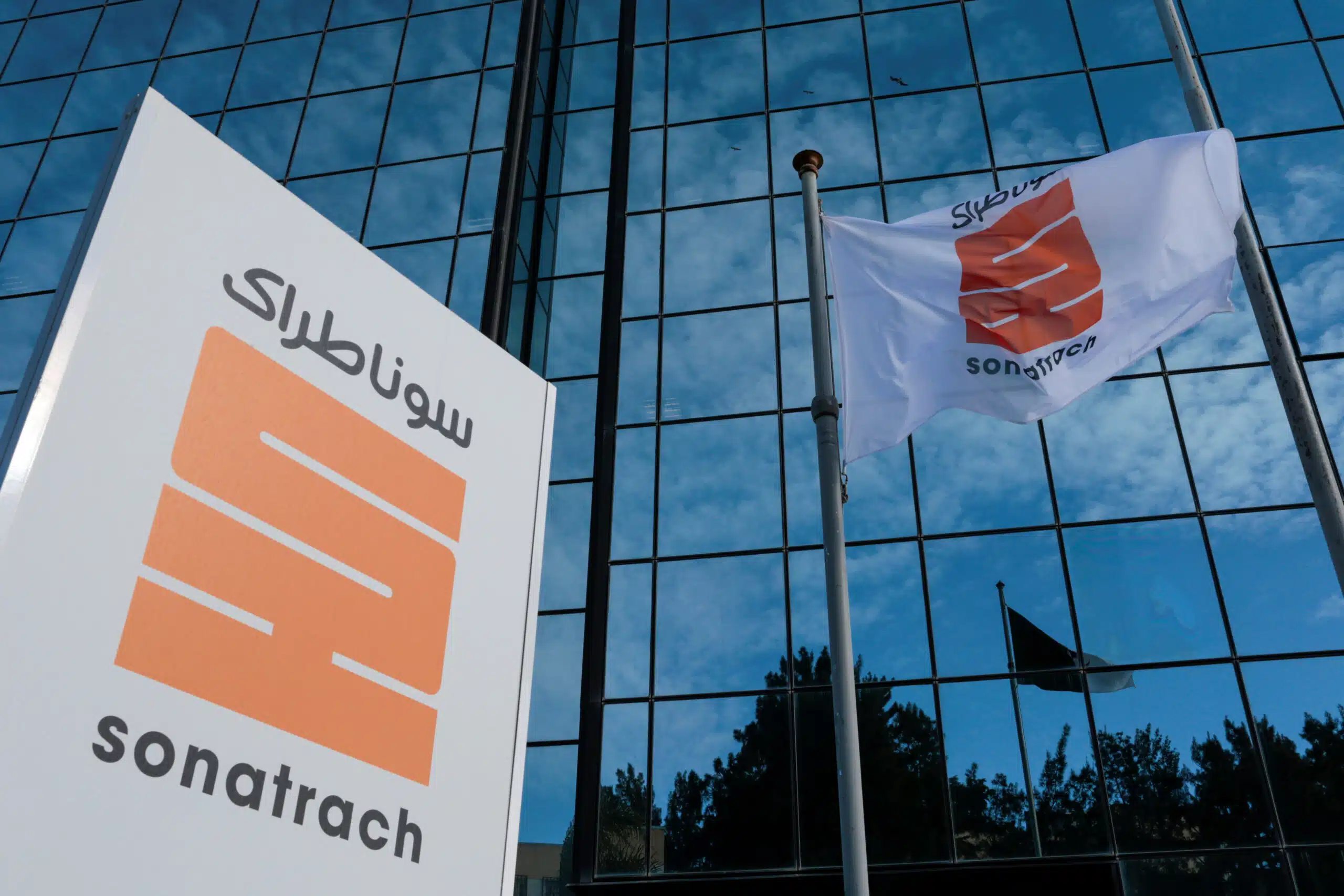The Nigerian government has reduced its electricity subsidy bill by 35% after removing subsidies for a category of heavy users, Power Minister Adebayo Adelabu said on Thursday, citing new revenue gains and a drop in the sector’s financial shortfall.
Adelabu told reporters in Abuja that the market has generated an additional ₦700 billion in revenue since the tariff adjustment was introduced last year for the top 15% of consumers including households and businesses with high electricity usage.
According to him, “This change has led to a 70% increase in revenue and a drop in the government’s tariff shortfall from N3 trillion to N1.9 trillion.”
Long standing challenges remain
Despite the improvement, Nigeria’s power sector continues to face major setbacks, including frequent grid failures, gas shortages, widespread vandalism, and a dependence on expensive generators for everyday power supply.
The country’s installed capacity stands at around 13,000 megawatts, but actual output is often a third of that. For years, the government has kept electricity tariffs below commercial levels, making it difficult for distribution companies to recover costs or pay generating companies.
This situation has contributed to a growing debt crisis in the power sector, with generating companies currently owed N4 trillion ($2.5 billion).
“There’s no way the sector can be sustainable if we continue with these low tariffs and rising debts,” said Adelabu, adding that the government is working on a plan to ease the financial pressure on operators.
Debt relief underway
To manage the debt backlog, the minister noted that the federal government intends to clear at least half of the current liabilities through a combination of budgetary provisions and promissory notes.
These notes can be discounted by power companies with financial institutions to improve liquidity.
He also suggested that future tariff changes may target different customer bands based on consumption patterns and ability to pay.
Nigeria’s electricity subsidy had previously cost the government nearly ₦200 billion ($125 million) monthly.
While the recent tariff reform is beginning to show positive results in revenue, experts warn that sustained progress depends on deeper reforms, improved infrastructure, and transparent regulation.




